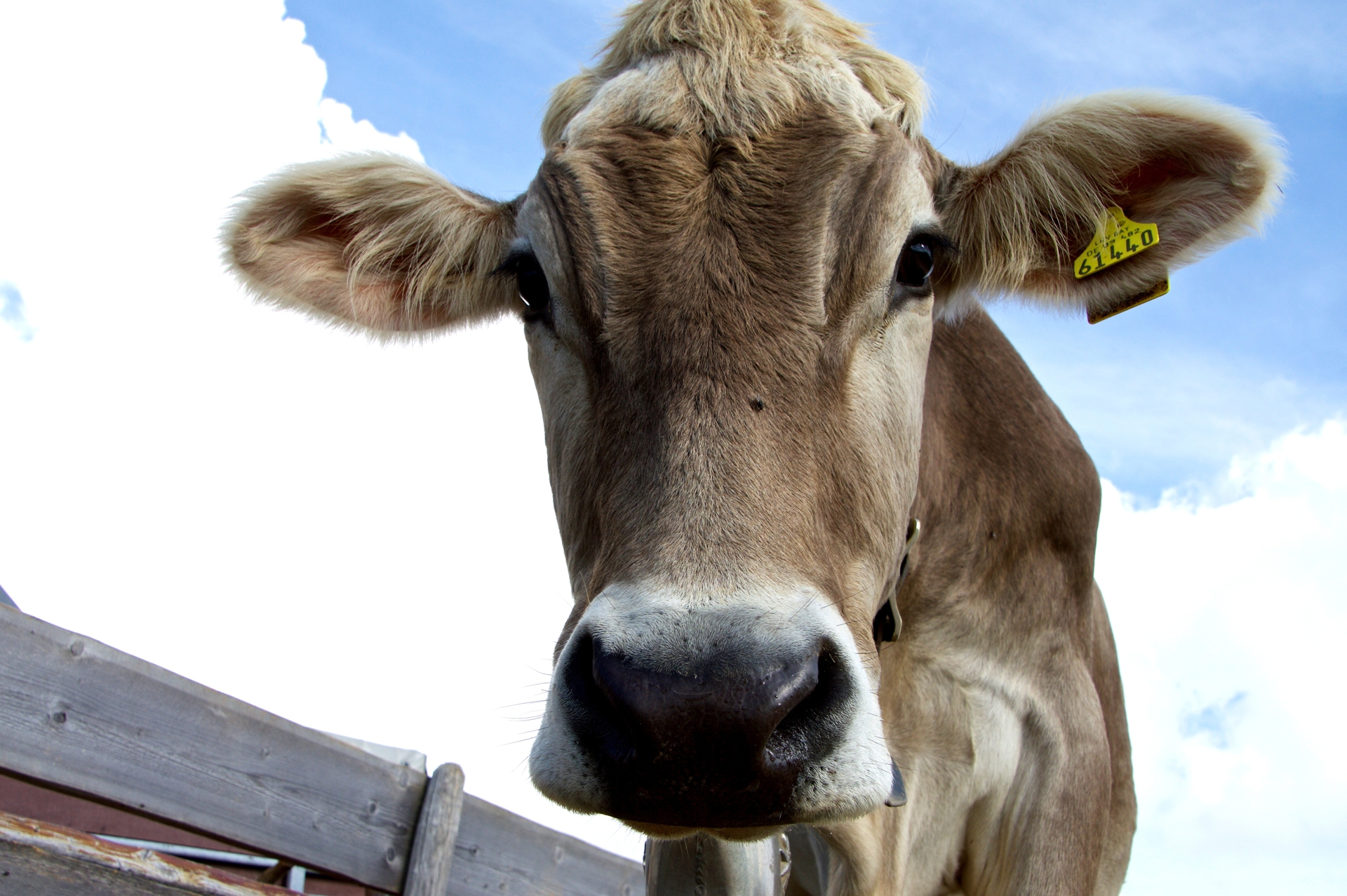Last week, Californians overwhelmingly voted in favor of Proposition 12, which will increase minimum cage sizes for chickens raised for eggs and calves and breeding pigs raised for meat. Despite warnings by the animal agricultural industry and newspapers that such regulation would increase prices, Californians nonetheless voted in favor of the animals, as they consistently have before. Both Proposition 12 and Proposition 2, a precursor that promised similar reforms in 2008, won over 60 percent of the vote. These are not anomalies, whenever animal protection legislation makes it onto state ballots, it passes by landslides.
One-third of all Americans believe animals deserve the same rights as humans, and almost all – an astounding 95 percent – of surveyed consumers reported being concerned for the welfare of animals raised for food. In addition to spurring legislation, such concern has also inspired the success of products labeled “humane,” “free-range,” and “cage-free” that claim to offer a more compassionate alternative to the cruel practices of factory farming. These products have become so commonplace that even the walls and TV screens of Stanford’s dining halls are plastered with proclamations of Residential & Dining Enterprises’ “commitment” to “humanely” sourced animal-based foods, seemingly allowing us to reconcile our love for animals while at the same time eating them.
Such claims are intended to ease our moral qualms – to assure us that we can continue to eat what we want without acknowledging the cost: environmental destruction and, more importantly, the immense suffering of animals. They should not. Not only is the moral philosophy of humane slaughter lacking, the facts these claims rest upon — that animals are provided better conditions — are as well. Despite certification of humane treatment by independent organizations, who have a glaring conflict of interest since they are paid by the companies they inspect, many certified farms still engage in some of the most brutal practices of the factory farming industry.
For instance, farms can claim all their eggs are “cage-free” when only a small portion of their chickens are permitted only seasonal access to the outdoors. The rest of the chickens, also labeled “cage-free,” are overcrowded in warehouses, where the accumulated waste of thousands of birds can cause painful burns and even blindness.
Farms can still cut off the beaks of chickens without anesthesia in order to limit the cannibalism chickens engage in when overcrowded, which can make eating so painful that they die of starvation. Chickens can also be genetically modified for rapid growth – and many “humane” certified chickens raised for meat are – resulting in debilitating joint diseases that cause chronic pain. Additionally, the genetic modifications can cause bone weakness so severe that chickens cannot support their own weight and live on the verge of structural collapse.
But this ill treatment is not limited to chickens. On “humane” farms, animals can be mutilated by having their teeth ground down and their tails, horns, and genitals cut off without anesthesia. And when they give birth, after having been forcefully impregnated, their children are taken away to be killed for meat. Then, the whole, cruel process begins again. Until it stops: For once they have borne all the children, laid all the eggs, and produced all the milk that they can, animals are shipped to the slaughterhouse, where every animal from “factory,” “humane,” and “family” farms suffers the same terrifying and painful end. It is for this reason that humane meat is not just non-existent in-practice; it is impossible under any circumstances. No matter the conditions before their death, animals raised for food always suffer the same fate, and that will always be inhumane.
That is not to say that we shouldn’t encourage legislation like Proposition 12 or celebrate its success. While we should work to create a world free of the slaughter of animals, we must accept that any progress, even if it is just a few more inches of space to stretch legs or wings, means something for the animals. But we also shouldn’t allow ourselves to believe that these improvements make exploitation “humane” in order to absolve ourselves of culpability or ease our guilt. Only when the slaughter of animals has ceased – ceased in factory farms, family farms, and farms dishonestly labeled “humane” – can we create a truly humane world for animals.
We can bring about that day if we embrace the alternatives that already exist. There are already options in every dining hall at Stanford that are delicious, nutritious, and truly humane: the countless dishes marked “vegan.” This leaves you to make the humane choice, not only when you are voting on legislation like Proposition 12, but at every meal. So make it, and in so doing, embrace a kinder, gentler, and better world for all.
Contact Willoughby Winograd at willjw ‘at’ stanford.edu.
